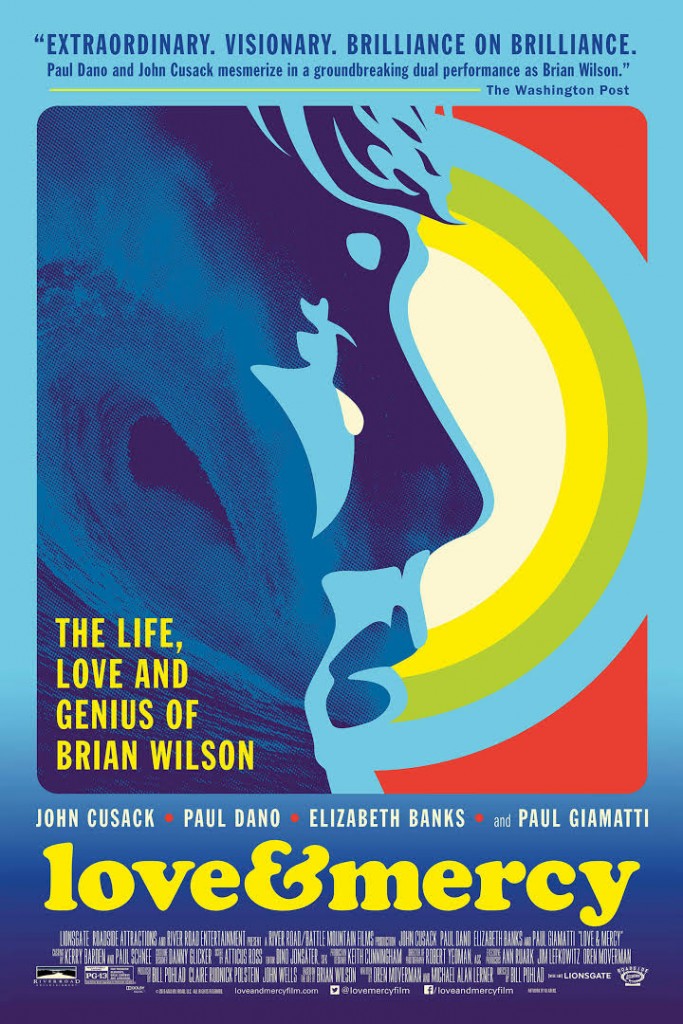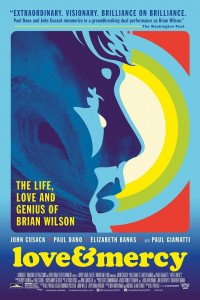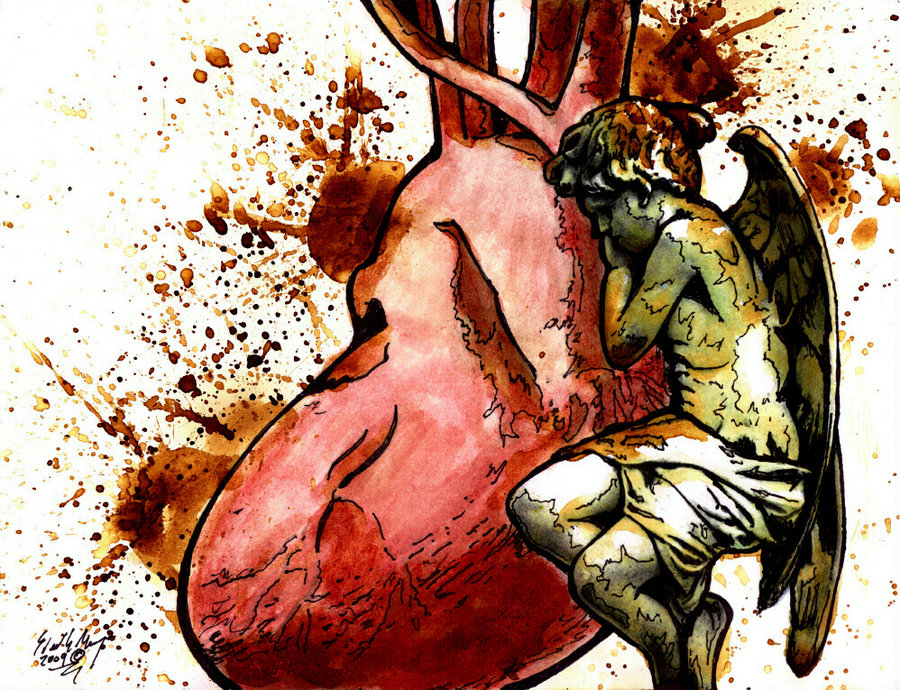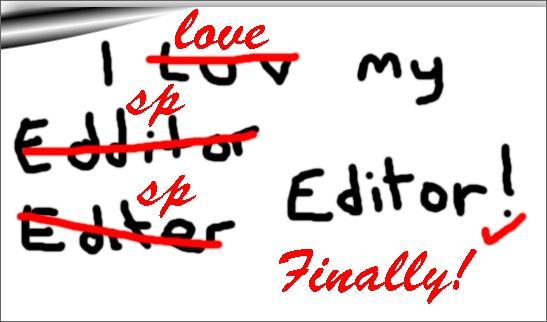I used to post in this blog at least once a day. Now I struggle to write a couple times a week. What’s going on?
Mood music:
When I started this blog, I was writing one or more posts a day, almost every day. Then it was four times a week. Then it was three. Lately, I have a hard time finding the motivation to write.
It’s odd, because writing has long been my most important coping tool for navigating life.
It’s not writer’s block or a lack of ideas. I have a backlog of topics I wrote down some time ago. I’m realizing that the problem — if it can be considered a problem — is that the contours of my life have changed, requiring me to rethink my coping tools and how best to use them.
I’ve experienced big changes in my life these last few months. Three people who were each a major force in my life passed on, and I found myself responsible for cleaning up and selling the family business. And in the last two years, the nature of my work has changed.
As a result, all my tools — the guitar playing, writing, breathing exercises, prayer, and so on — are in flux. I still use them, but the amount of each is changing.
Especially the writing.
My love for writing is as strong as it’s ever been. But as the busyness of my days has crowded out the time for it, I’ve realized that the world isn’t going to end when I don’t produce for this space. I don’t need to type a post every day for writing to be a critical tool.
It’s also true that a lot of my writing time has shifted to work projects. I’m working on the kind of research, intelligence gathering and report writing I’ve long wanted to do. But it’s a more demanding kind of writing, so I’ve shifted a lot of my strength and discipline there.
The family business stuff is something else entirely. It sucks up a lot of time and there are many moving parts. I’ve been learning a lot about the law, real estate, environmental remediation and insurance.
I also need to do my best for the family, and it’s become necessary to cut some of the writing time I used to have.
I don’t have a plan yet outlining the new order of things. My breathing exercises and praying is pretty much unchanged, I still see the therapist every other week and I take my meds on schedule. The guitar playing and personal blogging are moving targets. Some weeks I play a lot, other weeks hardly at all.
The writing has been even less predictable. For now, I’m scheduling posts for Monday, Wednesday and Friday each week.
All this will sort itself out and before long I’ll have a new tool-using structure that works for this new world I find myself in.
In the meantime, if you don’t see me posting, don’t worry. I’m fine — even better than fine.
I’m just busy living.






 “
“

